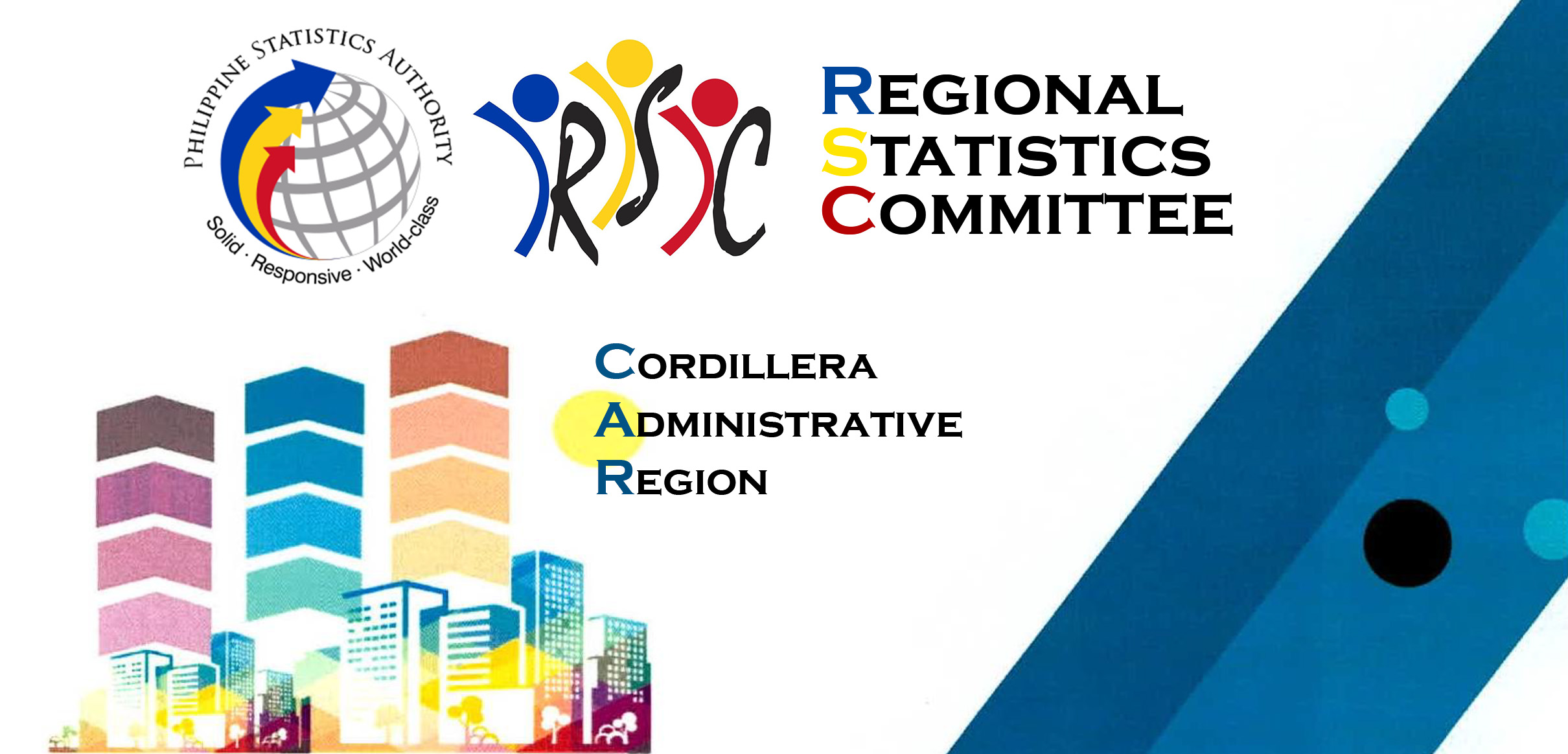WHEREAS, Executive Order No. 121 mandated the National Statistical Coordination Board (NSCB) to promote and maintain the efficiency of the Philippine Statistical System (PSS), formulate policies on all matters relating to all government statistical operations, and establish appropriate mechanism for statistical coordination at the regional, provincial and city levels;
WHEREAS, Executive Order (EO) No. 135 mandated the NSCB to establish a well coordinated statistical system at the local level that is responsive to the planning and monitoring requirements at the local level and capable of producing statistics that can be integrated and harmonized with statistics being produced at the national level;
WHEREAS, EO 135 also provides that the Regional Statistical Coordination Committees (RSCCs) shall serve as the link between the NSCB and local government units (LGUs) on statistical matters;
WHEREAS, one of the major functions of the RSCC as the highest policy-making and coordinating body of statistical matters in the region is to oversee the implementation in the region of policy decisions made by the NSCB;
WHEREAS, the NSCB Executive Board issued Resolution No. 6 on January 24, 2005 recognizing and enjoining support to the Community-Based Monitoring System (CBMS) as a tool to strengthen the statistical system at the local level;
WHEREAS, the CBMS, which is an output of the Micro Impacts of Macroeconomic Adjustment Policies (MIMAP) Project of the International Development Research Center (IDRC)-Canada is an organized way of collecting information at the local level for planning, program implementation and monitoring;
WHEREAS, the CBMS aims to address existing data gaps for: 1) diagnosing extent of poverty at the local level, 2) determining the causes of poverty, 3) formulating appropriate policies and programs, 4) identifying eligible beneficiaries; and 5) assessing impact of policies and programs; and attempts to build and strengthen the capacity of planners and program implementers at the national and local levels for a more improved and transparent system of resource allocation and governance;
WHEREAS, the main features of the CBMS are as follows: 1) LGU-based with emphasis on community participation; 2) advocates a core set of indicators but flexible enough to accommodate additional indicators; 3) establishes databanks for each geo-political level; 4) adopts a system of data validation process; and 5) facilitates the identification of eligible beneficiaries of government programs;
NOW, THEREFORE, BE IT RESOLVED, AS IT IS HEREBY RESOLVED, that the RSCC-CAR recognize the CBMS as a tool for strengthening the statistical system at the local level that will generate statistics for the monitoring and evaluation of local development plans and the progress of the LGUs in attaining the Millennium Development Goals;
RESOLVED FURTHER, to request the Regional Development Council to endorse the CBMS to the LGUs in the region.
APPROVED, this 30th day of March 2006 in Baguio City, Philippines.
Attested:
JUAN B. NGALOB
Regional Director, NEDA-CAR
Chairman, RSCC-CAR
Certified True and Correct:
BENJAMIN Y. NAVARRO
Regional Division Head, NSCB RD-CAR
Secretary, RSCC-CAR


